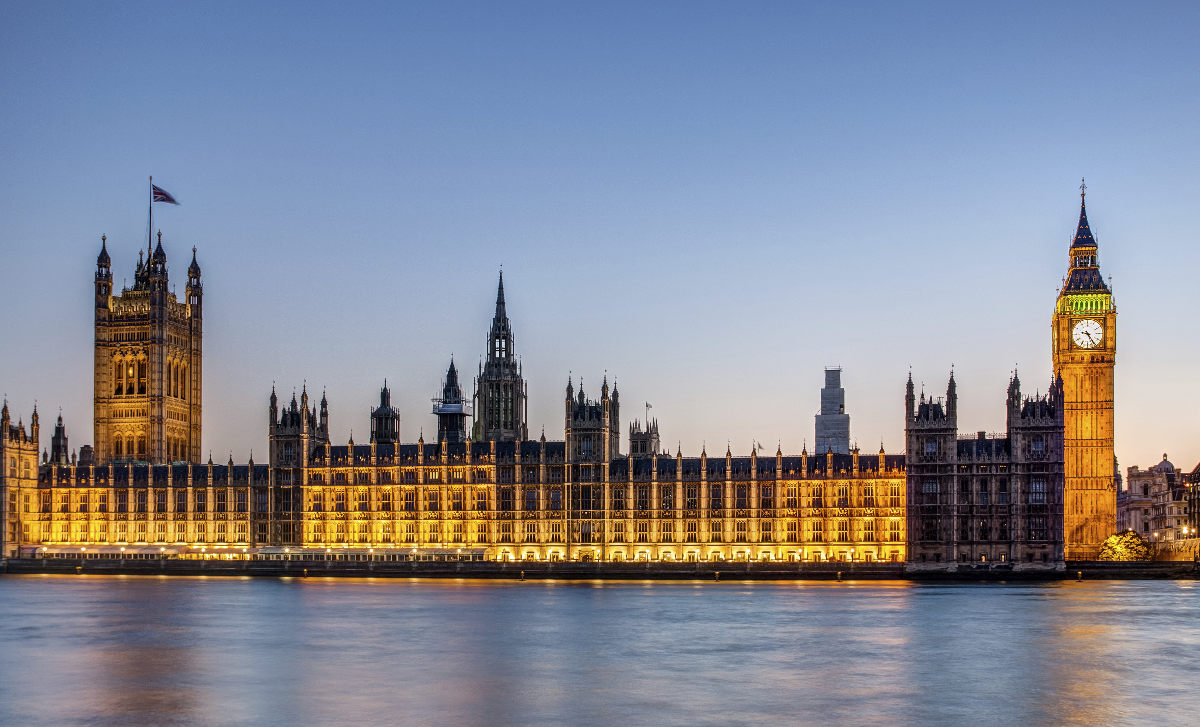This year's election looks set to change the landscape of British political history with a hung parliament looking ever more likely and the coalition possibilities almost endless. So what will that mean for SMEs and start-ups post-election?
In a recent survey from insurance company Zurich, 59% of decision makers who plan to vote in the upcoming UK election say they will take the interests of their business into consideration when voting. This means the SME market has double the importance for the political parties; they could sway the voters and they need to balance the growth of the economy.
The political parties aren't allowed to publish their official manifestos until Mid-April but with small firms accounted for 99.3% of all private sector businesses in the UK in 2014 according to the Federation of Small Businesses, it is fair to suggest that keeping the current economic momentum going will be high on everyone's agenda.
With more than 500,000 new businesses starting up in 2014, the issues that affect entrepreneurs, micro-businesses and SMEs are going to play a key role in all of the major parties policies as the election looms.
Political commentators and business leaders have been quite vocal in predicting the major areas of concern for SMEs as a result of the election in May;
- A referendum on Britain's membership of the EU
- Regulations
- Funding
- Late payments
Let's look at these point one at a time:
EU Referendum
There are pros and cons of the UK being part of the single market for small businesses. Whilst it gives businesses access to suppliers and customers from across the continent, increasing sales opportunities and increasing the benefits of higher levels of competition, EU membership also brings heightened levels of regulation and red tape.
The most positive solution for the SMEs of the UK would be for David Cameron to negotiate a more favourable relationship with the European Union reducing the burden of EU regulations such as Employment regulations. A referendum, depending on the outcome, could give the UK the opportunity to renegotiate the terms of our membership protecting the export market whilst reducing regulations for UK based traders.
If the Conservatives do not hold a majority partnership following the election, there is unlikely to be an EU membership referendum meaning nothing will change in terms of our relationship with Europe. This is unlikely to have a significant or negative impact on British SMEs but it means we could be missing an opportunity.
Regulations
Jason Eatock, Head of SME at Zurich, comments "Cutting legislation and red-tape is still the number one priority for UK SMEs, significantly ahead of other key issues such as late payment terms and access to finance."
This would suggest that the Conservative-Lib Dem policy of the current government of one-in, one-out has been less than successful or popular. The coalition introduced a policy which saw a new piece of legislation (which effected businesses) introduced as another is nominated for removal.
However, Labour have stated that they will "reduce unnecessary regulation by asking our new Small Business Administration, which the FSB has called for, to co-ordinate work across government to benefit smaller businesses and cut unnecessary regulation."
Funding
Banks lending to businesses hit an all-time low during the recession and businesses had to become innovative and resourceful in order to secure the investment they required for growth.
As the main political parties slug it out for votes, they are all looking to offer something in the way of financial support for SMEs. In Ed Miliband's recent Salford Speech he stated that "In an era of hard choices, it means putting cuts in business rates for small firms that will create most of the jobs of the future, ahead of further tax cuts for large corporations." And this stance was confirmed in 31 March 2015 when Labour's press office released the press release: Labour will prioritise tax cuts for small firms with business rates cut in first Budget' from Ed Balls.
Whilst the Conservatives took the opportunity the final budget gave them to show their 'Entrepreneur friendly' side. George Osborne announced the abolition of the annual tax return and support across all regions of the UK with ten Enterprise Zones designed to support growth and jobs.
Late payments
This is an issue which all SMEs will have experienced at some point and both Labour and Conservatives have recognised it as a problem which they need to offer a solution to. Labour have suggested FTSE 350 companies be required to report on late payments to suppliers and confirm they have paid the due amount of interest according to the EU Late Payments Directive.
The Conservative solution involves large companies' revealing how long it takes them to pay suppliers but nothing more definitive than that at this stage.
In summary
It is difficult to state accurately which of the main parties is going to best support the growth and development of the SME sector and the economy as a whole until the official manifestos are published but it is fair to say that all of the main parties understand the importance of getting the policies right that will impact on the SME sector.
The British economy is completely reliant on SMEs and any damage to their ability to succeed and grow and continue employing people, will cost the parties dearly.
